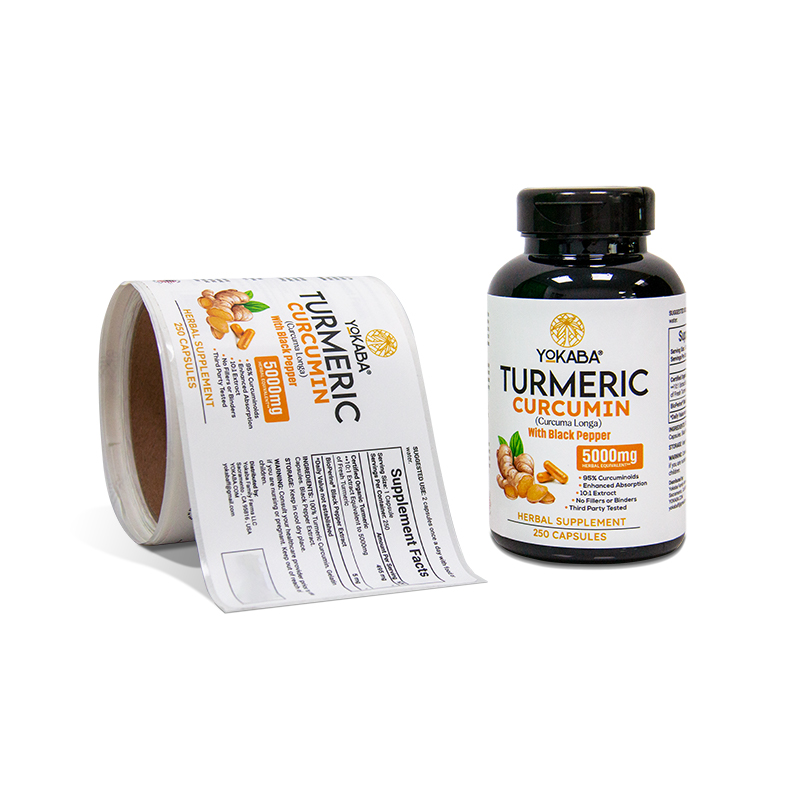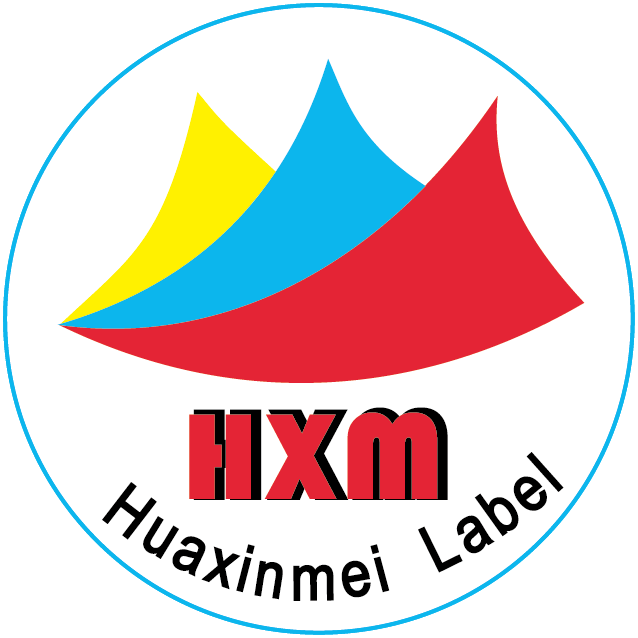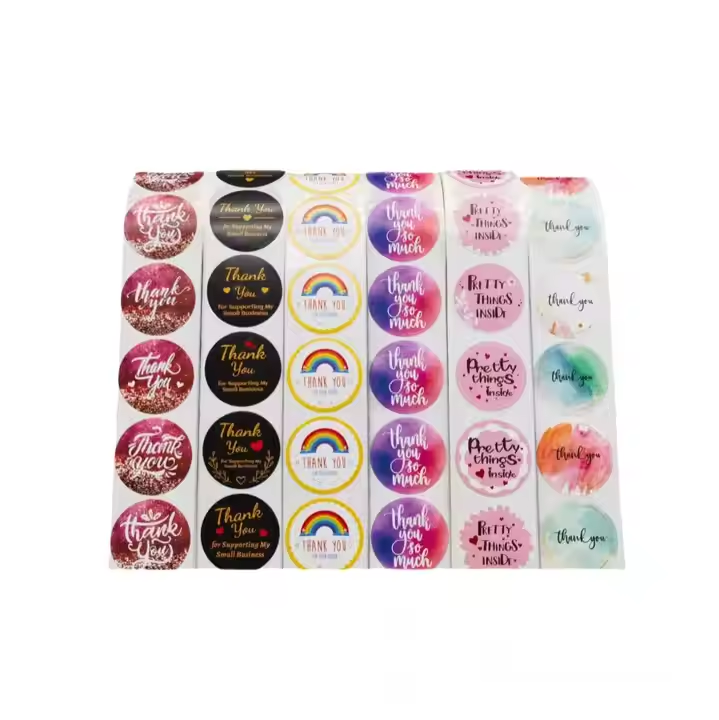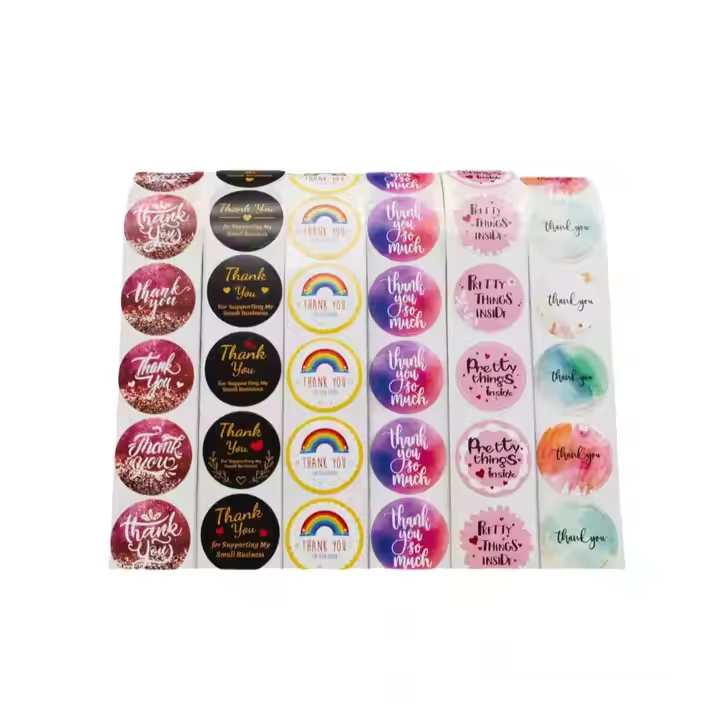
Brand Building and Promotion
During the process of cooperation between wholesalers and manufacturers, wholesalers enhance the brand recognition in this process. Customized labels can highlight the brand features and individuality of wholesalers, including unique brand names, logos, color combinations, and design styles, etc., making the products stand out among numerous similar juices, allowing consumers to recognize and remember them more easily, which helps to improve the brand’s popularity and reputation. For example, Coca-Cola’s unique red label and classic font have extremely high recognition worldwide. Transmitting brand values: Through elements such as the text, patterns, and slogans on the label, wholesalers can convey their brand concepts, values, and cultural connotations to consumers, shaping a positive brand image, enhancing consumers’ sense of identity and trust in the brand, and further cultivating consumers’ brand loyalty. For example, emphasizing the natural, healthy, and environmentally friendly values of juices to attract consumers who pay attention to the quality of life and health. During the cooperation process with manufacturers, wholesalers unconsciously expand the brand’s influence and enhance brand recognition. Establishing brand awareness for enterprises is a very important thing. Only after brand awareness is established in the market can there be more profit margins. Nowadays, almost all enterprises that produce products in the market want to build their brands, and only by building brands can there be corresponding brand premium spaces and higher profits can be obtained. Brand building is also gradually established during the production and delivery process. Through the process of cooperating with different manufacturers, the word-of-mouth and influence of the brand will continuously expand.

Product Information Communication
For the long-term cooperation between manufacturers and wholesalers, wholesalers provide detailed and accurate information. The label can clearly mark important information such as the product name, ingredients, content, nutrition facts table, shelf life, production date, storage conditions, and drinking methods of the juice, helping wholesalers accurately convey the detailed situation of the product to consumers, enabling consumers to better understand and choose products suitable for themselves, reducing misunderstandings or purchase risks caused by information asymmetry, and enhancing consumers’ confidence in the product. After understanding the comprehensive information provided by wholesalers, highlighting product selling points: Customized labels can specifically highlight the unique selling points and advantages of juices, such as fresh fruit raw materials, special processing techniques, unique taste flavors, and added beneficial ingredients, etc., attracting consumers’ attention and stimulating their purchase desires, promoting the sales of products. For example, marking words such as “100% freshly squeezed juice”, “added Vitamin C”, “low sugar and no additives”, etc. For long-term cooperation, a certain tacit understanding will be formed between manufacturers and wholesalers during production, knowing what the demands of both parties are, reducing communication costs, and improving the efficiency of label production.
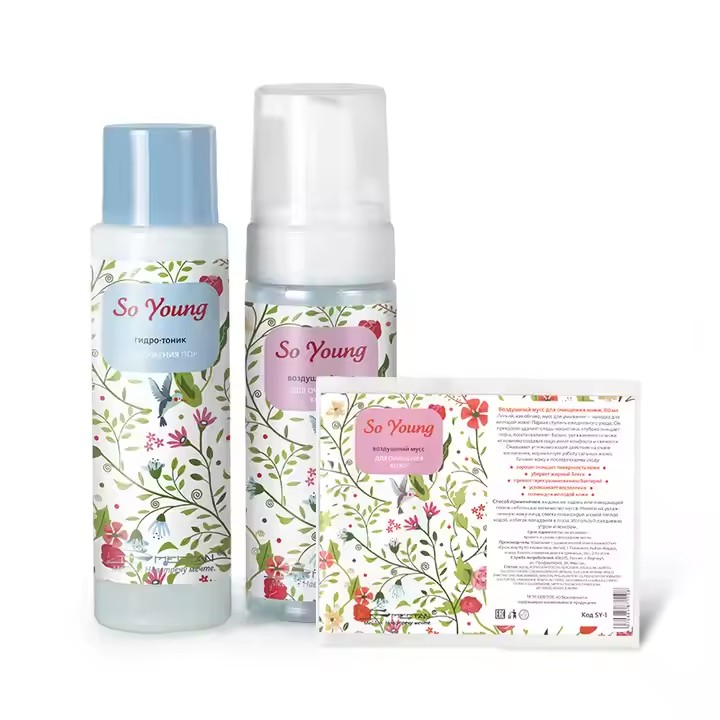
Market Competition Advantages
In the market, it is necessary to establish differentiated competition. In the highly competitive juice market, customized labels can make the products of wholesalers significantly different from those of competitors, avoiding homogeneous competition, endowing products with unique values and attractions, thereby occupying a place in the market and attracting more consumers to choose their products. For example, adopting creative packaging designs, unique label shapes or materials, etc., making the products more eye-catching on the shelves. Market competition is to highlight the characteristics and advantages of products, magnify the advantages of products, and use the advantages for publicity. Adapting to different market segments: According to different target markets, consumer groups or sales channels, customize labels with different styles and contents to better meet the needs and preferences of specific customer groups, improving the adaptability and competitiveness of products in various market segments. For example, designing cute and interesting labels for the children’s market, and designing simple and refined labels for the high-end consumer group. Only by designing corresponding products according to the different needs and preferences of different consumer groups can we get as close as possible to the user portraits of different consumers, thereby winning the market and the hearts of people.
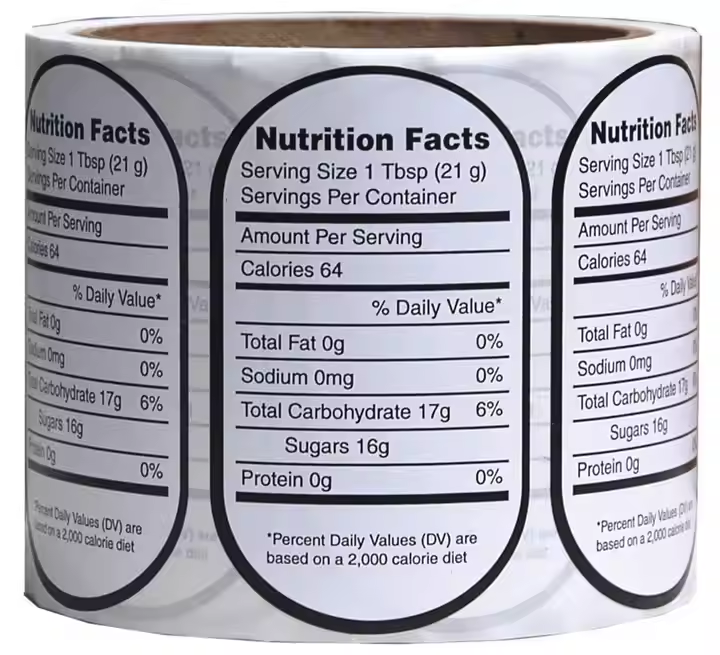
Sales and Marketing Support
Marketing is the last and most crucial step in realizing profits. Advertising and marketing can be done through social media, billboards can be set up offline, and corresponding event marketing can be planned. For example, inviting celebrities to endorse offline, holding offline events to attract consumers’ attention and guide consumers to purchase products. Attracting consumers to purchase: Exquisite customized labels have visual attraction, which can instantly capture consumers’ attention, arouse their interests and curiosities, prompt consumers to further understand and purchase products, thereby increasing the first-purchase rate and repeat-purchase rate of products. Especially in retail channels such as supermarkets and convenience stores, eye-catching labels are crucial for attracting consumers’ attention. Assisting promotional activities: Labels can be used as an important promotional carrier for promotional activities. By marking promotional information, preferential activities, gifts, etc. on the labels, consumers’ attention can be attracted and they can be induced to participate in the promotions, promoting the sales of products. Meanwhile, customized labels can also be designed and replaced according to different promotional themes and festivals, increasing the fun and attractiveness of promotional activities. The purpose of marketing products is to highlight the advantages of products and create selling points based on the advantages of products. Then, we should pay attention to the design in the most conspicuous places on the product label packaging. Moreover, enterprises can design different theme activities according to different quarters. For example, setting different theme activities for different festivals such as the Spring Festival, Mid-Autumn Festival, and Valentine’s Day, enhancing the brand influence through quarterly activities.

Quality and Reputation Assurance
Reflecting professionalism and standardization: Standardized and exquisite customized labels give people an impression of professionalism and reliability, making consumers believe that wholesalers pay attention to product quality and details, thereby enhancing consumers’ trust and recognition of wholesalers, which is helpful for establishing long-term and stable cooperation relationships and has a positive effect on establishing a good corporate image and business reputation. Facilitating quality traceability: The information on the label can be used as an important basis for product quality traceability. When quality problems or consumer complaints occur, the production batch, production date, raw material source, etc. of the product can be quickly and accurately located, facilitating timely measures to solve the problems, reducing quality risks, and protecting consumers’ rights and interests and corporate reputation.
